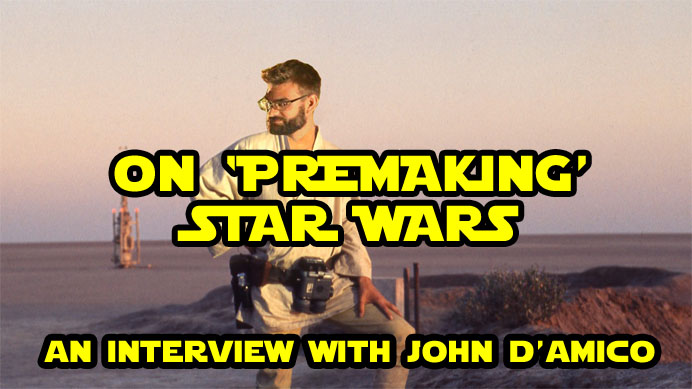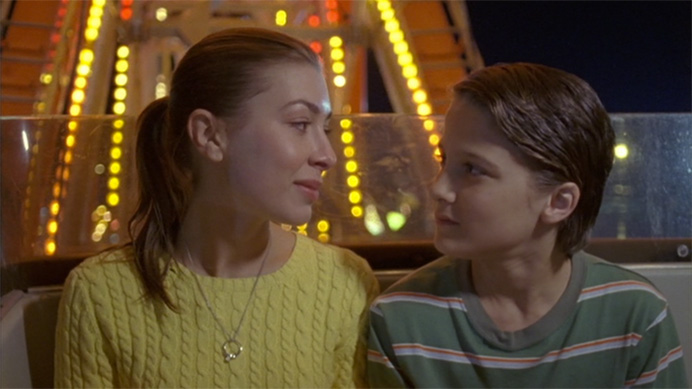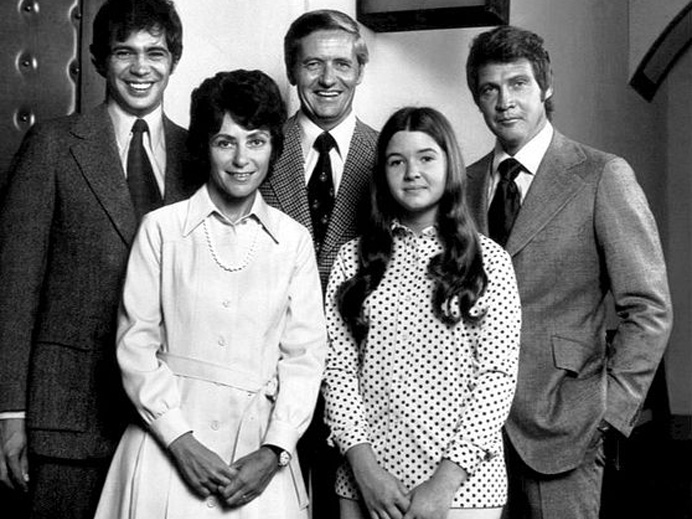
Editor’s Note: If you’ve not yet seen John D’Amico’s Premake of Star Wars, do so now. One, because it’s phenomenal, and arguably the best Star Wars fan film ever, and two, because the following interview discusses it:
Brad Avery: So, you said on the Smug Film podcast that doing this took about three months of work. But in reality, this was the original idea behind Shot Context five years ago that you abandoned. You went on to run Shot Context for several years—what about the idea of drawing these connections between films spoke to you originally, and why did you decide now to revisit it?
I don’t know why I’m drawn to that because intellectually it seems pretty arbitrary, doesn’t it? Part of the reason Shot Context ended is there’s a limited amount of light you can throw by compare and contrast, and I felt like I was nearing the limit. But I’ve found that the whole exercise pays off in unexpected ways. It becomes a really good tool for contextualization (hence the name), and with Star Wars, the biggest challenge is a context one—we’re so numbed now to the movie as it actually is, this scrappy low-budget fantasy, and the idea of stripping it all to its ingredients is a pretty good shock to the system to see it that way again. I came out of the edit liking Star Wars more, both as a piece of crackling storytelling and as a piece of craftsmanship.
Continue reading On Premaking ‘Star Wars’: An Interview with John D’Amico



